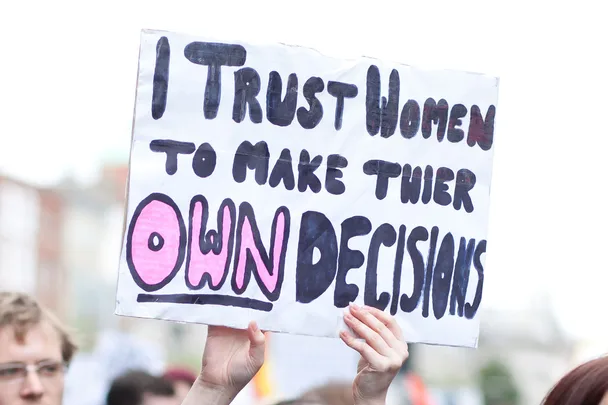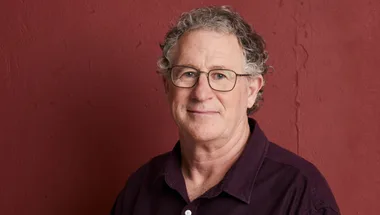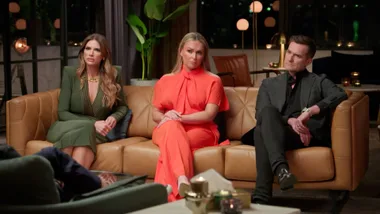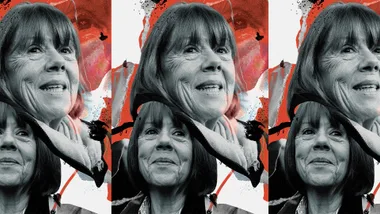Following on from the United States recent abortion bans, Missouri could become the first state in the country to have zero access to abortions. On top of that, six states are now down to one abortion clinic: Kentucky, Mississippi, Missouri, North Dakota, South Dakota and West Virginia, according to the Guttmacher Institute, which advocates for reproductive rights.
The lone clinic that provides abortions is currently suing state official because the state refuses to renew the clinic’s license that allows them to perform the procedure. The clinic’s current license expires Friday, meaning abortions could be illegal in Missouri by this weekend.
RELATED: Why Is Abortion Still So Taboo?
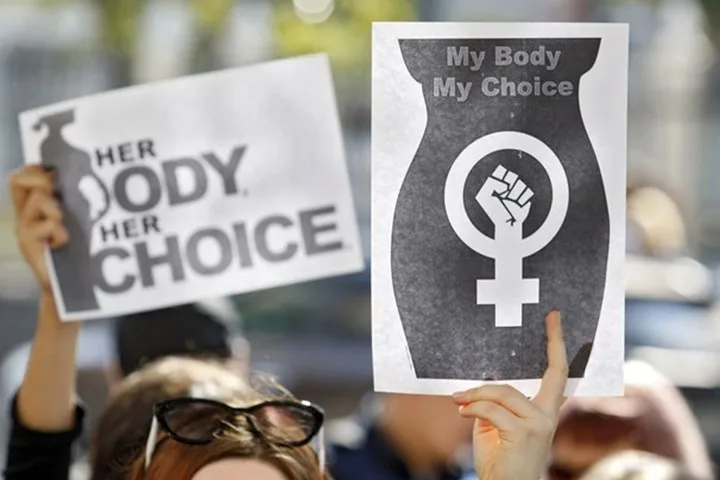
On May 8, the United State’s Governor of Georgia Brian Kemp signed the most extreme abortion ban across the country. The measure is a “fetal heartbeat bill” that would outlaw abortion after six weeks, which is when a heartbeat is sometimes detected in an embryo, but before many women know that they’re pregnant.
The bill criminalises the procedure itself, which means women who get an abortion could face life in prison and even the death penalty. That’s because, as Slate explains, once the bill takes effect a woman who terminates her own pregnancy with, for example, a drug easily available on the internet, “will have, as a matter of law, killed a human, thereby committing murder.” Under Georgia law, the punishment for that crime is life imprisonment or capital punishment.
Following on from Georgia’s bill, Alabama passed a harsh law banning abortion – with no exception for rape or incest – criminalising those who seek to have an abortion as well as the doctors who choose to perform the procedure. That sentence could be up to 99 years in prison. That means, that a rapist who gets his victim pregnant could serve less time in jail than the medically trained professional who removes the embryo that was forcefully put in the victim.
RELATED: These Celebrities Have Shared Their Abortion Stories To Support Other Women
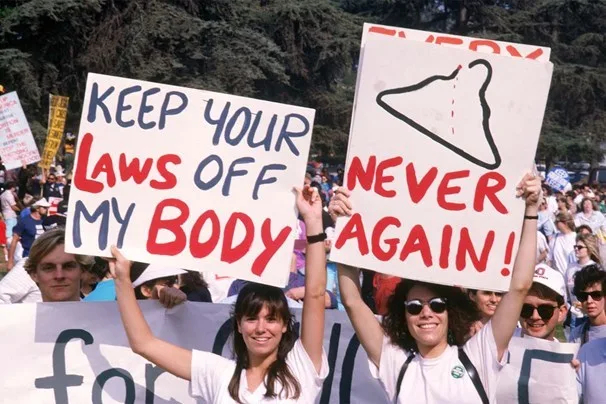
In these bills, as it stands, there are no mentions to policies ensuring a proper standard of living for these children once they are born. Nor are there any plans in place to provide government support for mothers coerced to give birth to said children under these laws beyond the possibility of ordering fathers of the unborn to pay child support.
Preventing women and girls from accessing an abortion does not mean they stop needing one. That’s why attempts to ban or restrict abortions do nothing to reduce the number of abortions, it only forces people to seek out unsafe abortions. The World Health Organisation (WHO) estimates that 22 million unsafe abortions take place each year. In contrast to a legal abortion that is carried out by a trained medical provider, unsafe abortions can have fatal consequences. So much so that unsafe abortions are the third leading cause of maternal deaths worldwide and lead to an additional five million largely preventable disabilities, according to the WHO.
